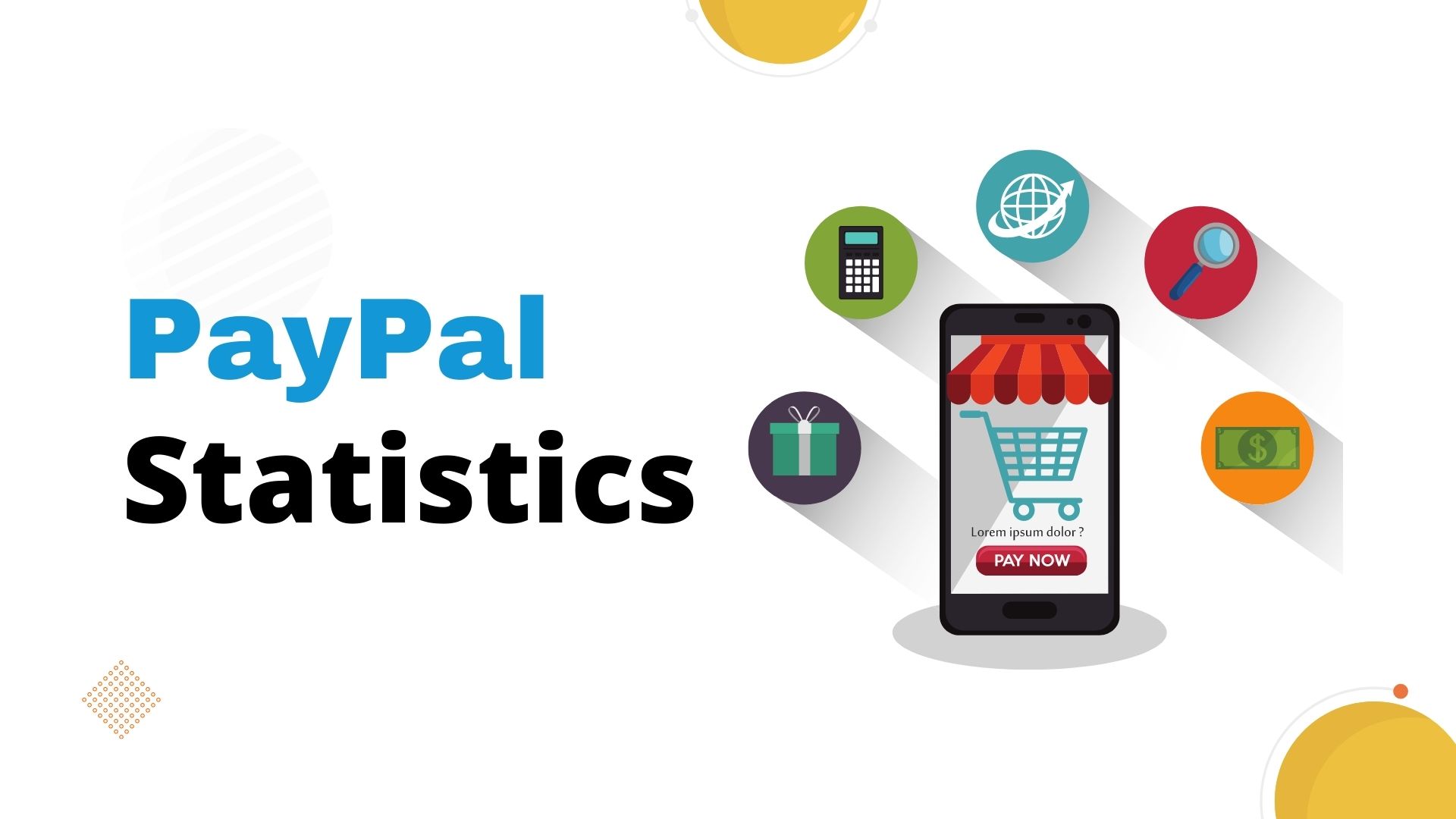The Metaverse, a collective virtual shared space, blurs the lines between physical and digital realities, creating immersive experiences that offer limitless possibilities. As this transformative technology gains momentum, Market.us is committed to spearheading its development by offering cutting-edge solutions that empower individuals and businesses to thrive in this exciting new frontier.
In 2022, The Global Metaverse Market reached a substantial valuation of USD 65.2 Billion. Look ahead, the industry is poised for unprecedented growth, with forecasts indicating a remarkable market size of USD 2,346.2 Billion by 2032. This exceptional journey towards expansion is expected to be driven by a staggering Compound Annual Growth Rate (CAGR) of 44.4% from 2023 to 2032.
This exponential growth trajectory signifies the increasing prominence of the metaverse, highlighting its potential to reshape the way we interact, socialize, and conduct business in a digitally immersive world.

Key Takeaways
- The desktop segment emerged as the dominant platform in the global metaverse market, capturing the largest market share of 42%. This indicates the significance of desktop-based experiences in the metaverse industry.
- Augmented Reality (AR) and Virtual Reality (VR) technology took center stage as the leading technology segment in the metaverse market, accounting for the highest revenue share of 36% in 2022. This underscores the crucial role that AR and VR play in driving immersive virtual experiences.
- The gaming segment established its supremacy in the market by application, holding a leading revenue share. This highlights the widespread popularity of gaming within the metaverse ecosystem.
- Among various end-users, the BFSI (Banking, Financial Services, and Insurance) segment is anticipated to experience substantial expansion over the forecast period from 2023 to 2032. This growth projection signifies the increasing adoption of metaverse technologies within the financial industry.
- In 2022, North America asserted its dominance in the market, securing the highest revenue share of 43%. The region’s strong position underscores its role as a major hub for metaverse development and adoption.
- Looking ahead, Asia-Pacific is poised to exhibit the highest Compound Annual Growth Rate (CAGR) from 2023 to 2032. This projection highlights the region’s potential as a key growth market for the metaverse, driven by rapid technological advancements and increasing consumer interest in virtual experiences.
Market Trends
The metaverse market is being driven by a number of trends, including:
- An ever-increasing need for immersive and engaging experiences and * Gaming as an entertainment medium.
- The increasing adoption of VR/AR technologies.
- The increase of remote collaboration and communication needs. Finally, the increased demand for social media entertainment services.
The metaverse has the potential to play a larger role in a number of different industries, including:
- Education: The metaverse can create engaging educational experiences through immersive digital realities that could benefit learners of any age.
- Entertainment: Utilizing the metaverse could open up exciting new avenues of entertainment such as virtual concerts and films.
- For businesses: The metaverse could help strengthen collaboration and communication among employees while opening up new business opportunities.
- Social Media: Social media could serve as an innovative means for people to form connections amongst themselves and form lasting bonds between one another.
Largest and Fastest Growing market
The Asia Pacific region is expected to be the largest market for the metaverse, followed by North America and Europe. The Asia Pacific region is home to a large and growing population of young people who are early adopters of new technologies.
Market Drivers
The metaverse market is driven by several key forces, including:
- Rising consumer interest for immersive and engaging experiences.
- Gaming’s increasing prevalence.
- The proliferation of VR/AR technologies. The need for remote collaboration and communication.
- Social media’s popularity among entertainment enthusiasts.
Restraints
The metaverse market faces various barriers and hurdles, such as:
- High costs associated with virtual and augmented reality devices.
- Lack of standard regulations.
- A limited supply of content.
- Insufficient user awareness.
Opportunities and Challenges
The metaverse market offers many business opportunities, while simultaneously creating challenges. A few such advantages for business may include:
- Being able to develop innovative new products or services.
- Reaching new markets or customers.
- Enhancing collaboration and communication.
- Generating new forms of entertainment.
Some of the challenges include:
- The high cost of entry.
- The lack of standardized regulations.
- The need to develop new business models.
- The need to educate users about the metaverse.
Market Segmentation
Based on Component
- Hardware
- Software
- Services
Based on Platform
- Desktop
- Mobile
- Other Platforms
Based on Technology
- Virtual Reality (VR) & Augmented Reality (AR)
- Mixed Reality (MR)
- Blockchain
- Other Technologies
Based on Application
- Gaming
- Content Creation & Social Media
- Digital Marketing (Advertising)
- Events & Conference
- Online Shopping
- Testing and Inspection
- Other Applications
Based on End-User
- BFSI
- Aerospace & Defense
- Education
- Healthcare
- Retail
- Automotive
- Media & Entertainment
- Other End-Users
Key Players
- Nvidia Corporation
- Meta Platforms, Inc.
- Tencent Holdings Ltd.
- ByteDance Ltd.
- Epic Games, Inc.
- NetEase, Inc.
- Roblox Corporation
- Unity Software Inc.
- Nextech AR Solutions Corp.
- Antier Solutions Pvt. Ltd.
- Microsoft Corporation
- Other Key Players
Recent Developments
2022
- Nike acquired RTFKT, a company that creates digital sneakers and other metaverse assets.
- The Weeknd hosted a virtual concert in Fortnite.
- The metaverse gaming industry generated $50 billion in revenue.
- The metaverse was a hot topic at the Consumer Electronics Show (CES).
2023
- Facebook’s Horizon Worlds beta launched to the public.
- Microsoft released Mesh for Teams, a platform that allows users to collaborate in virtual reality.
- Roblox launched its own cryptocurrency, called Robux.
- The metaverse was a major focus of the South by Southwest (SXSW) festival.
FAQs
Q1. What is the metaverse?
The metaverse is a virtual world that is created by the convergence of virtual reality (VR), augmented reality (AR), and the internet. It is a place where people can interact with each other and with digital content in a way that is more immersive and engaging than traditional online experiences.
Q2. What are the benefits of the metaverse?
The metaverse offers a number of benefits, including:
- Immersive and engaging experiences: The metaverse can provide users with more immersive and engaging experiences than traditional online experiences. This is because the metaverse allows users to interact with digital content in a more realistic way.
- New ways to connect with people: The metaverse can provide new ways for people to connect with each other. This is because the metaverse allows people to interact with each other in a more natural way.
- New opportunities for businesses: The metaverse can provide new opportunities for businesses. This is because the metaverse can be used to create new products and services, as well as to reach new markets and customers.
Q3. What are the challenges of the metaverse?
The metaverse also faces a number of challenges, including:
- High cost of entry: The metaverse is still in its early stages of development, and the cost of entry is still high. This is because VR and AR headsets are still relatively expensive.
- Lack of standardized regulations: There are currently no standardized regulations for the metaverse. This could pose a challenge for businesses that want to operate in the metaverse.
- Security and privacy concerns: The metaverse raises a number of security and privacy concerns. This is because the metaverse is a virtual world, and it is difficult to ensure the security and privacy of users’ data.
Q4. What are the opportunities in the metaverse market?
The metaverse market offers a number of opportunities, including:
- The ability to create new and innovative products and services.
- The ability to reach new markets and customers.
- The ability to improve collaboration and communication.
- The ability to create new forms of entertainment.
Q5. What are the risks in the metaverse market?
The metaverse market also poses a number of risks, including:
- The high cost of entry.
- The lack of standardized regulations.
- The need to develop new business models.
- The need to educate users about the metaverse.
ABOUT AUTHOR
Steven Burnett has over 15 years of experience in a range of industries and domains. Steven has a flair for gathering data and information through extensive research efforts, and has a strong set of skills to cover almost any domain with ease and produce reports that are easy to understand and aid in making well-informed decisions. You can get in touch with him here. Phone No: +1 315-447-6937 Email: steven.b@coinlaw.io






